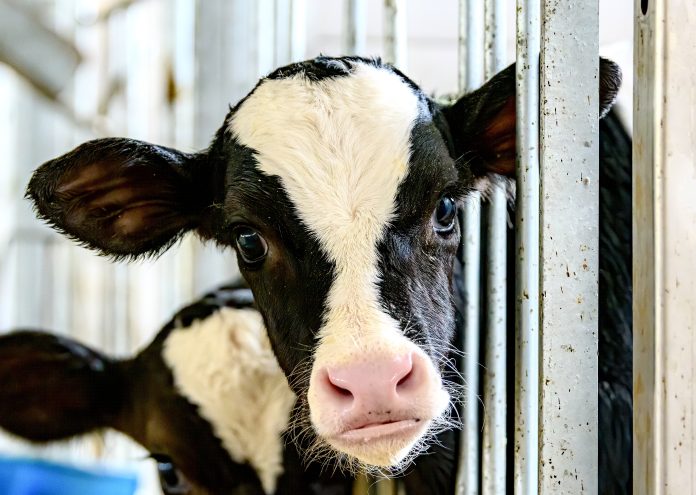
Hundreds Of Thousands Of Newborn Dairy Calves Endure Long & Grueling Journeys Across The U.S. Every Year
You can help all animals and our planet by choosing compassion on your plate and in your glass. #GoVeg
RELATED ARTICLES
Undercover Investigation Reveals That New Fur Products Are Still Being Sold In California Despite Ban
Photos from HSUS
This week, the Humane Society of the United States (HSUS) released an undercover investigation identifying a handful of California retailers openly skirting...
Captain Paul Watson Foundation Fights To Stop The Killing Of Endangered Fin Whales In Iceland
Captain Paul Watson Foundation is launching Operation Ice Storm from Albert Dock in Yorkshire to directly oppose Iceland's last whaling company, Hvalur hf. Paul...
Conservation Groups Urge Federal Agencies To Prohibit The Killing Of Wildlife With Snowmobiles
More than 60 conservation groups from across North America filed letters today urging the U.S. Forest Service and Bureau of Land Management to immediately...
Popular stories
News
CITES Approval Of The Totoaba Trade In Mexico Delivers A Life-Threatening Blow To The Estimated Eight Remaining Vaquita Left In The World
The Standing Committee of the Convention on International Trade in Endangered Species voted 9-6 last week to permit Earth Ocean Farms, an aquaculture facility...
Breaking News
Bill To Ban Animal Testing For Cosmetics Has Been Reintroduced In The United States
The Humane Cosmetics Act (HR5399) has been reintroduced in the U.S. House of Representatives with bipartisan support from Representatives Don Beyer (D-VA), Vern Buchanan...
US News
Humane Society Of The United States Deploys Rescuers To Evacuate Animals To Safe Havens As Tropical Storms Threaten The Gulf Coast
As much of the Gulf Coast braces for Tropical Storms Marco and Laura, the Humane Society of the United States is coordinating the transport of...


